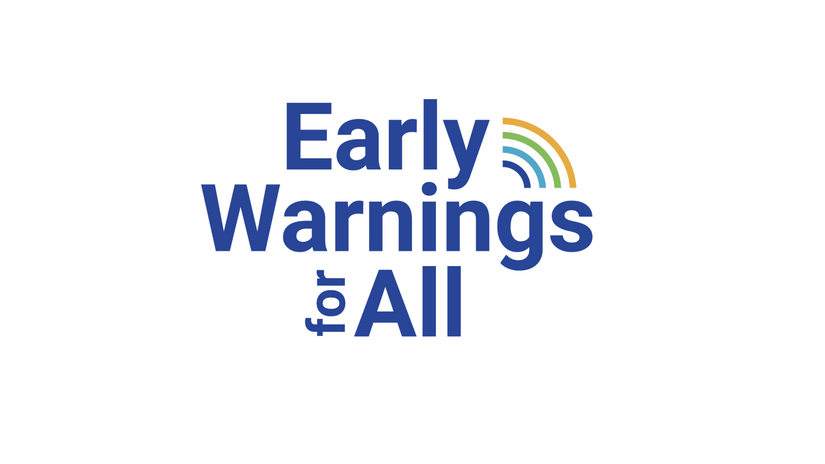Early Warnings for All (EW4All) Initiative
The Early Warnings for All (EW4All) initiative was launched by the United Nations in 2022. Its aim is to protect vulnerable populations from hazardous weather and climate events by implementing effective early warning systems (EWS) by the end of 2027. As climate-related disasters become more frequent and severe, the need for robust EWS is increasingly urgent.
Funding Landscape for Early Warning Systems
- In 2023, the funding for early warning systems reached unprecedented levels.
- However, this funding is not evenly distributed.
- Five countries—China, Bangladesh, Pakistan, and Indonesia—account for 54 per cent of national EWS investments.
- In contrast, Small Island Developing States (SIDS) and Least Developed Countries (LDCs) face funding gaps.
- The Global Observatory for Early Warning System Investments, launched in December 2024, aims to track and optimise these investments.
Financial Imbalance in EWS Investments
The Global Observatory reveals that only 25 per cent of reported EWS financing comes from grants. The remaining 75 per cent is sourced from loans and credits. This financial imbalance poses challenges for many nations striving to develop resilient early warning systems. The reliance on loans may hinder long-term sustainability and effectiveness.
Project Overview and Global Reach
- As of February 2025, the observatory has documented 329 projects across 127 countries.
- These projects span regions including Africa, Asia, the Americas, and Oceania.
- Of these, 276 are ongoing while 53 are in the pipeline.
- Major financing institutions involved include the World Bank and the Green Climate Fund. The initiative seeks to prioritise resources for the most vulnerable communities.
Collaboration and Technological Integration
To enhance the effectiveness of EWS, the observatory plans to deepen collaboration with international finance institutions. It will also leverage artificial intelligence to improve analytical capabilities. This integration aims to categorise EWS funding more precisely and support evidence-based decision-making.
Global Status of Multi-Hazard Early Warning Systems
According to the 2024 report on Multi-Hazard Early Warning Systems (MHEWS), half of the countries in most regions have established MHEWS. The Asia and Pacific region leads with 67 per cent coverage, while the Americas and Caribbean lag behind at 40 per cent. Despite improvements since 2015, disparities remain.
Urgency of Addressing Funding Gaps
As the UN’s 2027 target approaches, the success of the EW4All initiative hinges on addressing funding gaps, particularly in vulnerable nations. Equitable access to financial resources is crucial for ensuring that early warning systems effectively reach those in need. This is vital to mitigate the impacts of climate change and save lives.
Month: Current Affairs - February, 2025
Category: Environment Current Affairs








